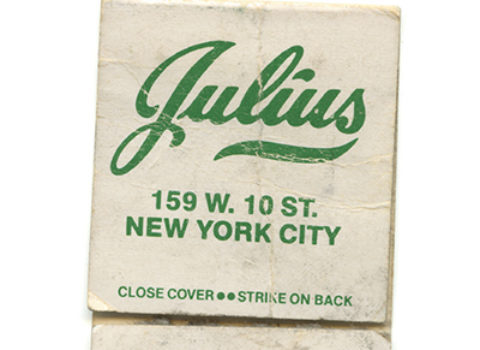The hospital room in which I recovered from my caesarean section was as cold and ugly as any hospital room anywhere, but because it was high on a hill in San Francisco the view was magnificent. For four morphined days, the shifting sky outside seemed alive, in cahoots with us, saluting our success with its ribbons of clouds and confetti of stars.
Us was me, who had lost a lot of blood, not enough for transfusion but enough to keep me under observation should one become necessary. Nurses would come with pills, would press the place I’d been cut…







































































































